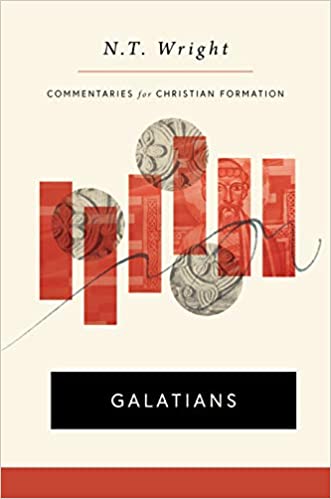Q. One thing that emerges from your discussion of Gal. 5 is that you think the agitators are not in fact like zealous Saul the Pharisee was in terms of meticulous keeping of the whole Mosaic covenant, nor are they trying to impose the whole Law on the Galatians. You surmise that they merely want the Galatians to do the things that make them appear to be Jewish to outsiders so they can claim the Jewish exemption from pagan religious... Read more









